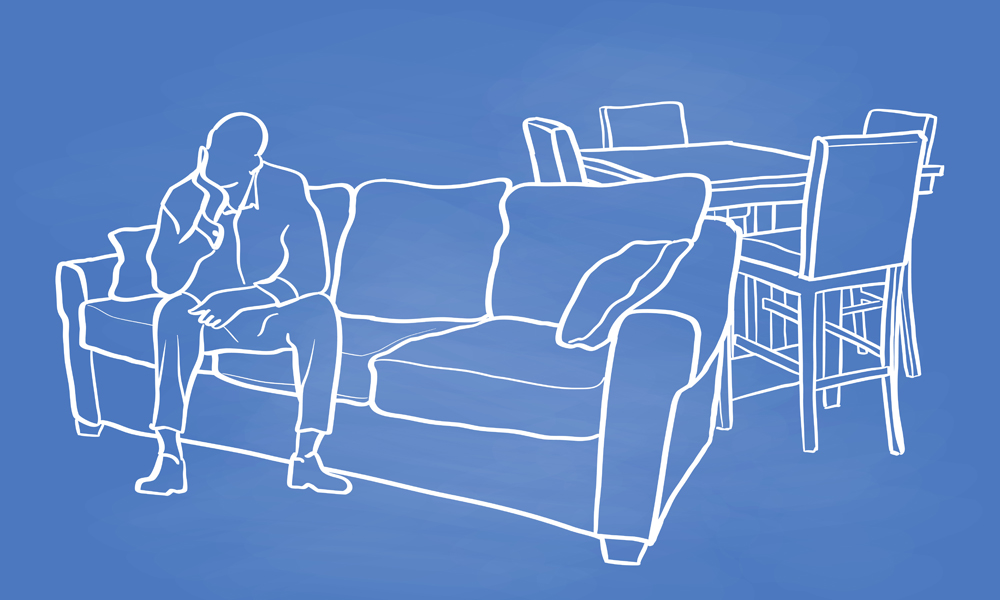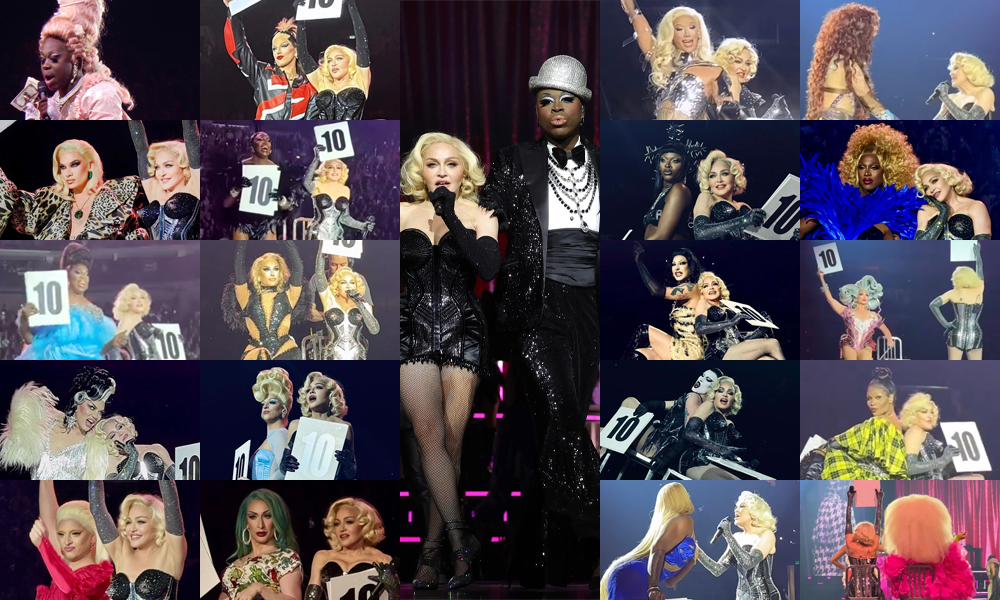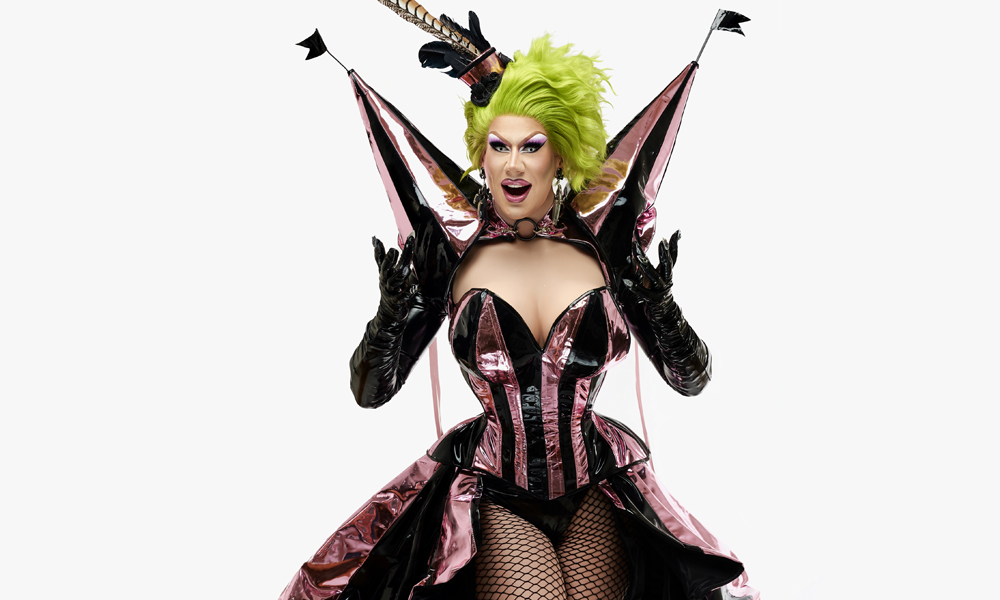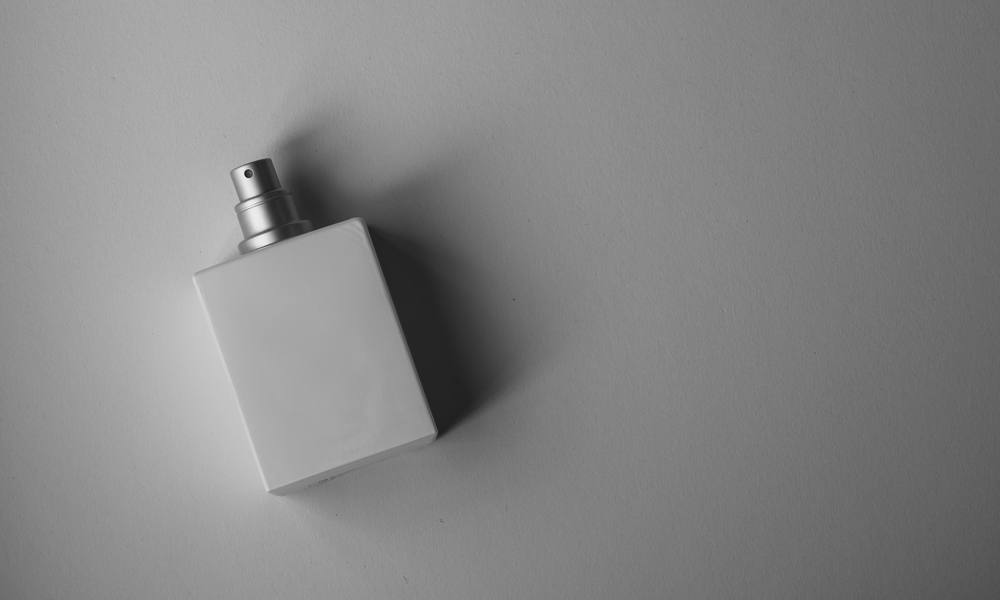This pandemic may be reconnecting us emotionally with prior moments of helplessness, and that can knock us off our stable ground…
By Adam Segal
After more than eight months of navigating this ongoing global pandemic, we have all found methods to cope with, survive, and adapt to the myriad ways our world has changed. I have been struck by our resilience as a species – our capacity to flex into an ever-changing landscape of masks, restrictions and economic hardships. But in all of this coping, it can be easy to lose sight of the significant burden this pandemic has placed on so many. As COVID-19 continues to spread and death tolls rise, the impact on our individual and collective emotional health is only beginning to become clear.
The significant loss and isolation this viral beast has imparted can be especially tough for those of us in the LGBTQ community, as many of us experienced childhoods that were marked by loneliness, a lack of freedom, and painful uncertainty. So many queer folks have fought hard to feel a sense of liberation (from shame, small towns, family rejection, etc.), and this pandemic can do a good job of making us feel trapped all over again – even more intensely for those living in invalidating environments without the usual moments of reprieve. What might seem like boredom or a generalized melancholy could really be a kind of grief that sneaks up and weighs us down. Without us realizing it, this global event can reconnect us emotionally with prior moments of helplessness and knock us off more stable ground.
Something that’s become very clear during this mess is that loneliness is both a universal emotion and one that we find really hard to acknowledge within ourselves – let alone talk about with others. Part of what makes loneliness an especially tricky human emotion is that it often arises alongside a kind of shame – a belief that feeling lonely is a sign of something deficient and something that only ‘inadequate’ people have to confront. The shame can act as a big heavy blanket that masks loneliness, leaving us alone with the loneliness itself.
Here’s the good news: when we can really stop and allow ourselves to respect how truly tough this time has been (and how it can resurrect some old pain), we can move towards some self-compassion and, from that, towards greater compassion for one another. This pandemic might force some of us to ‘come out’ all over again – this time as a human who can feel lonely. Simply acknowledging loneliness, and sharing it with someone we trust, can serve as a potent antidote to the faulty belief that our pain makes us separate when really it connects us to everyone.
Don’t get me wrong: there’s a place for sourdough bread making, for copious Netflix viewing, and even for some good old emotional eating…but we’ll need to find ways to move beyond simply coping to connecting if we want to feel like ourselves again.
—
ADAM SEGAL is a Toronto-based psychotherapist working in private practice. He also likes to write, take pictures and listen to heartbreaking music.







POST A COMMENT